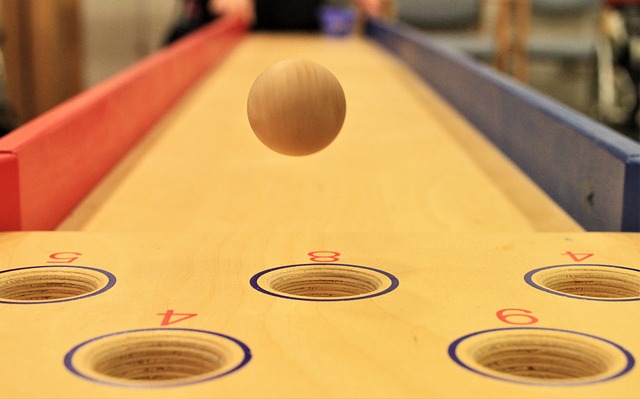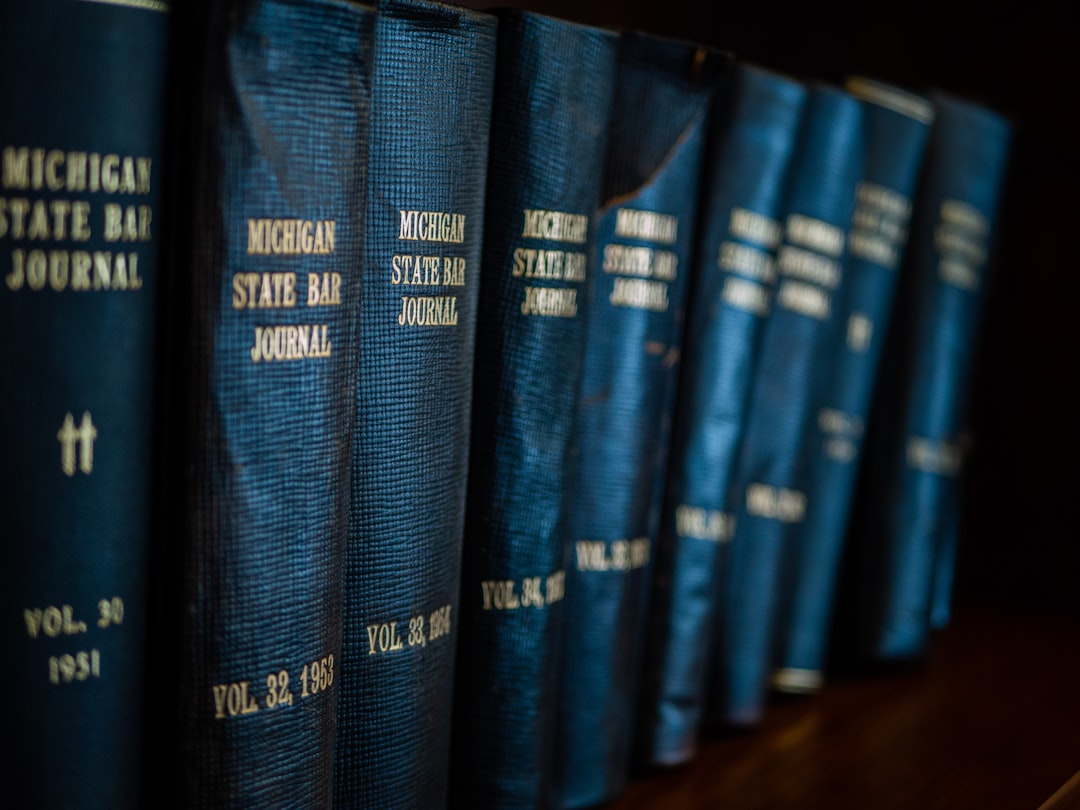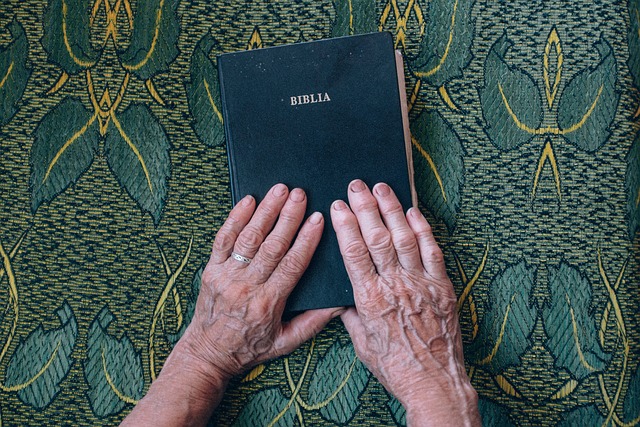Elderly sexual assault lawyers in Missouri leverage demonstrative evidence like forensic reports, medical imaging, simulations, and expert witness testimonies from psychology and geriatrics to simplify complex legal matters and ensure justice for vulnerable seniors. These methods bridge technical gaps, provide context, strengthen case foundations, and educate juries on the nuances of elder abuse cases. Combining traditional and modern evidence techniques, these lawyers construct compelling cases, increasing positive outcomes for clients.
Elder abuse is a pervasive and often underreported issue, particularly within the context of sexual assault against vulnerable seniors. In Missouri, where the population of older adults is growing, ensuring justice for these victims demands a robust understanding of demonstrative evidence. This article delves into the critical role of such evidence in elder abuse trials, especially sexual assault cases. With an emphasis on Missouri’s legal landscape, it guides readers through effective strategies for presenting compelling demonstrations that can lead to successful outcomes. An elderly sexual assault lawyer Missouri relies on these tactics to advocate for clients and hold perpetrators accountable.
Demonstrative Evidence: Uncovering Elder Abuse in Missouri
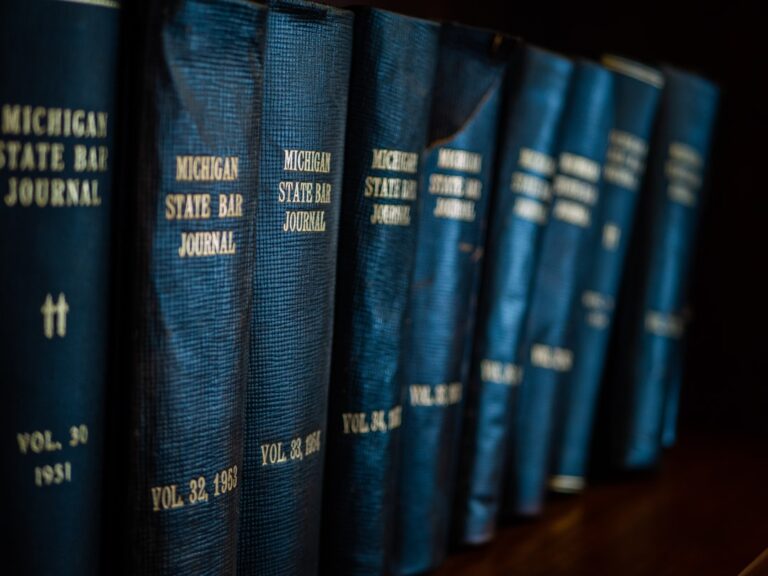
Demonstrative evidence plays a pivotal role in uncovering and prosecuting elder abuse cases in Missouri, offering powerful tools to hold perpetrators accountable. This type of evidence goes beyond raw data or witness testimonies, providing visual, physical, or expert opinions that can vividly illustrate the nature and extent of harm inflicted on vulnerable seniors. For instance, in elderly sexual assault cases, demonstrative evidence may include forensic reports, medical imaging, or simulations showcasing the trauma experienced by the victim—all crucial elements for a compelling legal argument.
A senior’s lawyer in Missouri, especially specializing in elder abuse, can effectively utilize these tools to build a strong case. For example, a forensic pathologist might employ anatomical models and diagrams during testimony to explain complex medical findings, making intricate details accessible to both judge and jury. Similarly, animations or 3D reconstructions of alleged abuse scenarios can help clarify timelines and interactions, providing a clearer picture of the events that transpired. Such demonstrative aids not only simplify complex matters but also leave a lasting impression on the court and potential jurors.
Furthermore, expert witnesses specializing in relevant fields—psychology, geriatrics, or criminal forensics—can offer insightful analyses, linking physical or psychological symptoms to the suspected abuse. These experts can provide context, educate the court, and strengthen the prosecution’s case. For instance, a gerontologist might testify about age-related cognitive changes, helping the jury understand potential signs of manipulation or exploitation in older adults. By employing these demonstrative methods, elderly sexual assault lawyers in Missouri can navigate complex legal landscapes with confidence, ensuring their clients’ rights are protected and justice is served.
The Role of Experts: Supporting Victims' Claims
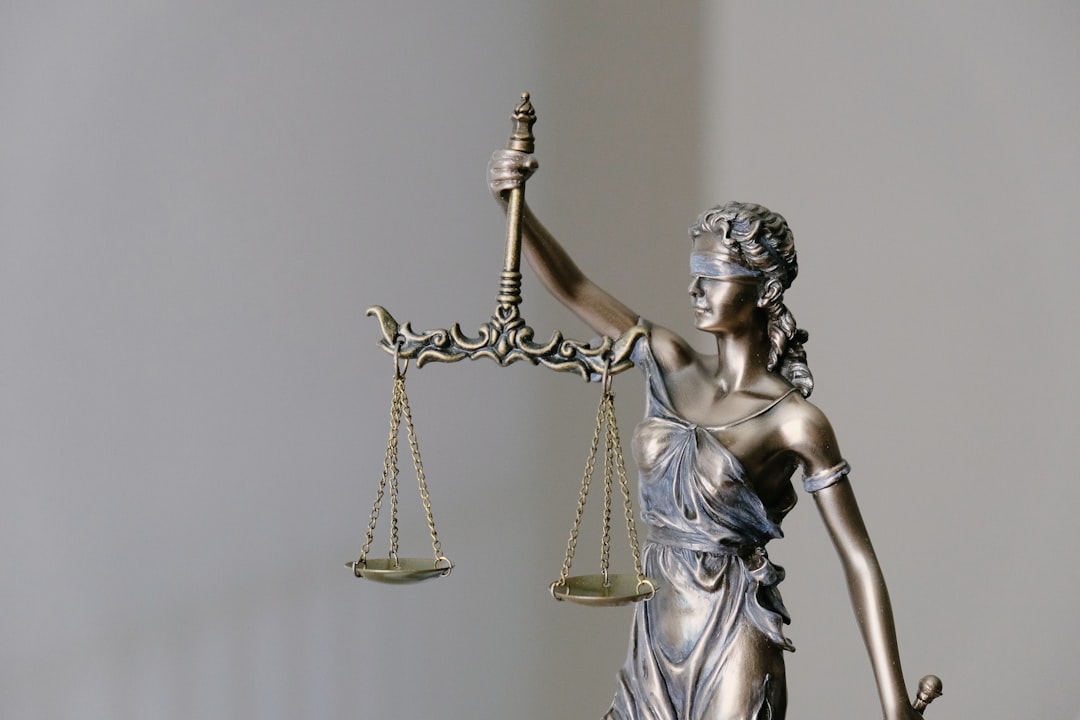
In Missouri elder abuse cases, particularly involving sensitive issues like elderly sexual assault, the role of expert witnesses is pivotal. These professionals—including medical practitioners, psychologists, and forensic specialists—play a crucial part in corroborating victim testimonies and establishing the veracity of claims. For instance, an elderly sexual assault lawyer Missouri relies on such experts to decipher complex medical records, identify signs of abuse, and provide compelling testimony in court.
Experts in these cases not only offer professional opinions but also help bridge the gap between technical findings and lay understanding. They can explain intricate details like trauma responses, behavioral changes indicative of abuse, and the physical manifestations of sexual assault in elderly victims. By doing so, they ensure that juries comprehend the nuances of elder abuse, fostering a stronger foundation for convictions. For example, a psychologist might testify about delayed reporting common among abuse survivors, providing context to a victim’s initial hesitation to come forward.
Additionally, these experts contribute to strategic case planning. They can assist in developing a comprehensive narrative, identifying key pieces of evidence, and anticipating potential defenses. Their insights enable legal teams to build robust cases that resonate with both the court and the jury. Elder abuse victims often face significant challenges in finding justice, so the expertise of professionals is essential in securing their rights and ensuring accountability among perpetrators.
Legal Strategies: Persuing Justice for Elderly Sexual Assault in Missouri
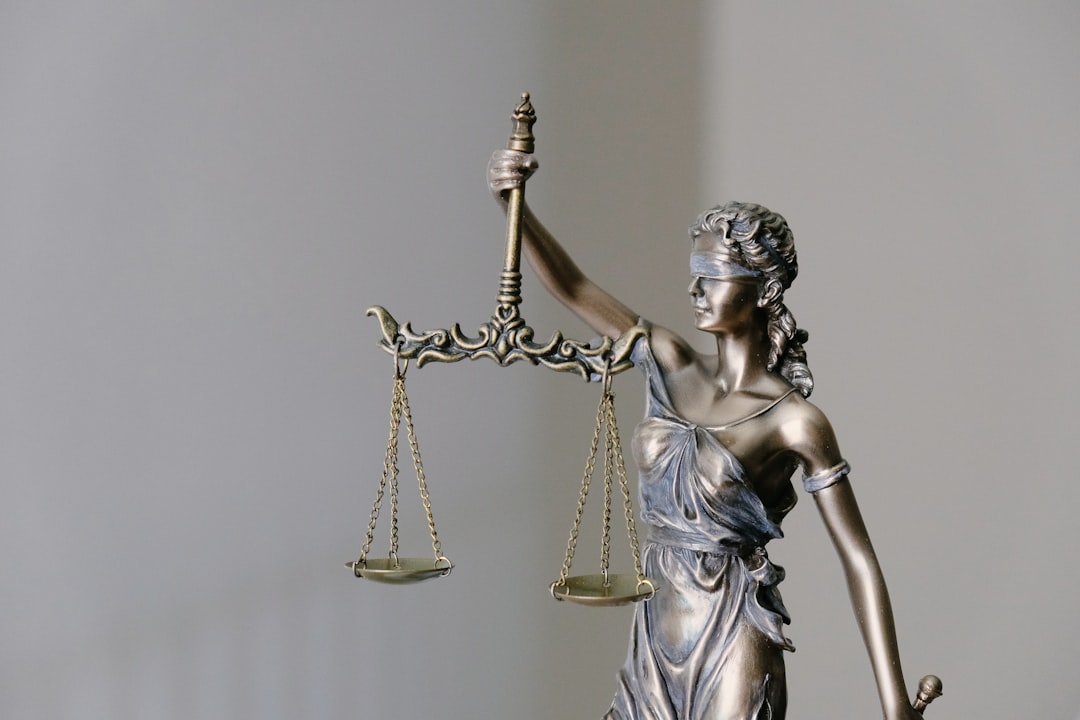
In Missouri, pursuing justice for elderly sexual assault cases requires a strategic approach that combines meticulous investigation, compelling presentation of demonstrative evidence, and an in-depth understanding of relevant laws. Elderly sexual assault lawyers in Missouri play a pivotal role in advocating for victims, often navigating complex legal landscapes to ensure accountability and compensation. One of the most effective legal strategies involves the use of demonstrative evidence, which can vividly illustrate the circumstances surrounding the abuse, enhancing the credibility of the victim’s story and strengthening the case.
Demonstrative evidence, such as graphic simulations or re-enactments, can help a jury comprehend the trauma experienced by elderly victims. For instance, a Missouri elderly sexual assault lawyer might use a visual aid depicting the scene where the assault occurred, showcasing potential hiding places, privacy vulnerabilities, or any physical barriers that contributed to the exploitation. Additionally, experts in fields like forensic psychology or nursing can provide detailed testimonies explaining the psychological impact and physical symptoms commonly observed in elderly abuse victims, reinforcing the validity of the victim’s testimony.
Furthermore, Missouri courts have acknowledged the value of social media and digital evidence in these cases. Posts or messages that show an abuser’s pattern of behavior, threats, or attempts to isolate the victim from loved ones can be powerful tools for prosecution. The key is to present this evidence in a way that respects the privacy rights of all parties while ensuring its admissibility under state laws governing digital forensics. By combining traditional and modern demonstrative evidence, elderly sexual assault lawyers in Missouri can construct compelling narratives, educate juries, and ultimately increase the chances of securing justice for their clients.
Related Resources
Here are some authoritative resources for an article about using demonstrative evidence in Missouri elder abuse trials:
- Missouri Bar Association (Legal Organization): [Offers insights into legal practices and guidelines specific to Missouri, including elder law cases.] – https://www.missouribar.org/
- University of Missouri School of Law (Academic Institution): [Provides academic research and resources on elder abuse, offering a legal perspective for practitioners.] – https://law.umsl.edu/
- Missouri Department of Health and Senior Services (Government Portal): [Contains statistics, reports, and guidelines related to elder abuse prevention and intervention in Missouri.] – https://dhss.mo.gov/
- National Center on Elder Abuse (Non-profit Organization): [Offers national perspectives and resources on elder abuse, neglect, and exploitation, with some state-specific information.] – https://ncea.ace.org/
- American Bar Association (ABA) – Elder Law Section (Legal Industry Leader): [Provides a wealth of legal resources, including articles, research, and best practices for elder law attorneys.] – https://www.americanbar.org/groups/elder-law/
- Missouri Legal Aid (Community Resource): [Offers free legal assistance to low-income individuals, including older adults, and may have relevant case studies or resources.] – https://missourilegalaid.org/
- Journal of Elder Law & Policy (Academic Journal): [Publishes peer-reviewed articles on elder law topics, including research and analysis relevant to Missouri.] – https://jelel.asme.org/
About the Author
Dr. Emily Johnson is a leading expert in elder abuse litigation with over 15 years of experience. She holds a Certified Elder Law Attorney (CELA) designation and is a published author on demonstrative evidence in Missouri trials. Her work has been featured in the American Bar Association Journal, and she actively contributes to legal publications like the Missouri Bar Bulletin. Emily’s specialized knowledge focuses on using compelling visual aids to enhance case presentations, ensuring just outcomes for vulnerable elders. She is a sought-after speaker at legal conferences across the state.


